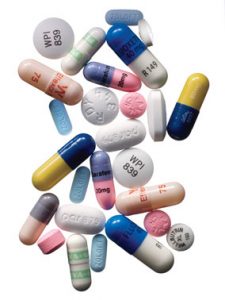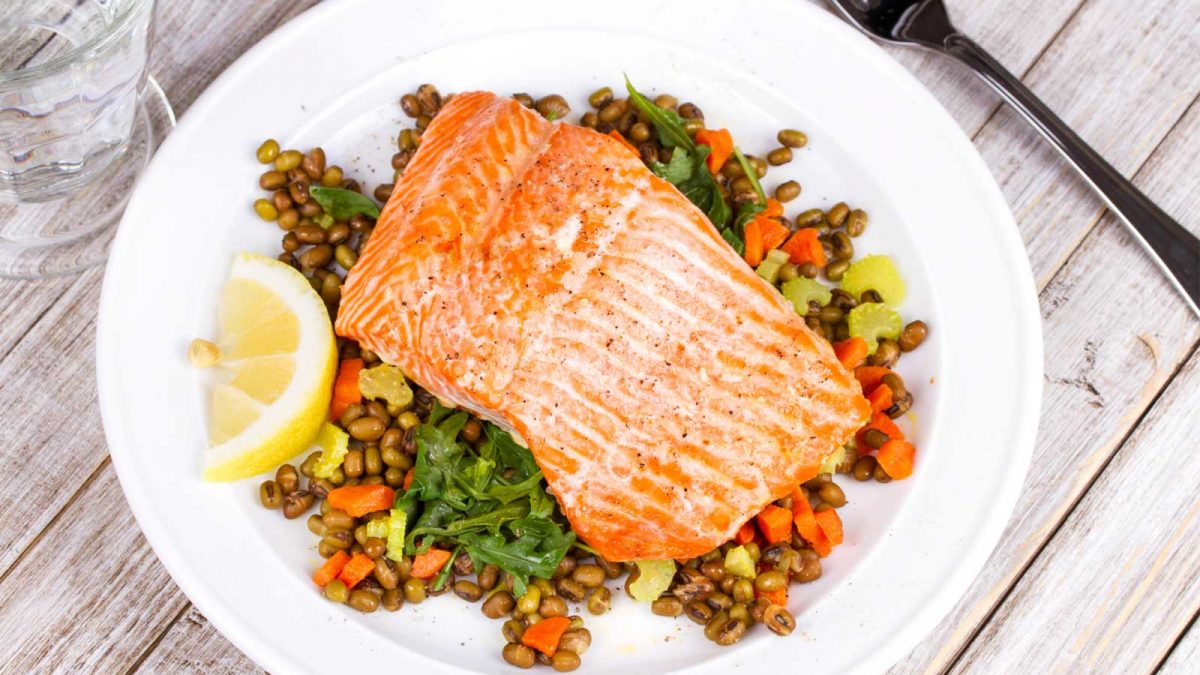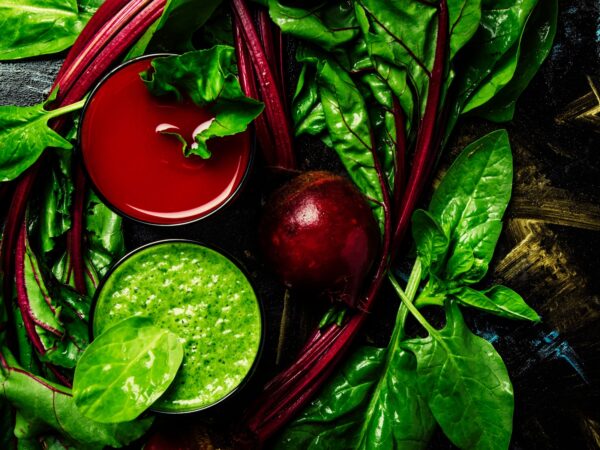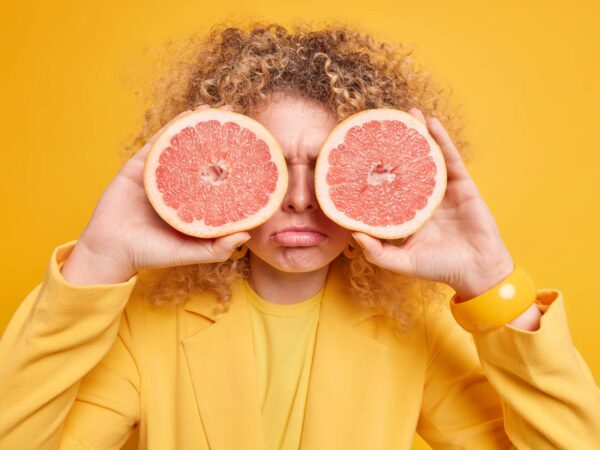8 Foods That Fight Depression
A recent headline on the cover of Parade magazine caught my eye. It said, “Top Doctors Solve Your Medical Problems”.
One of the problems they claimed to have a “solution” for was depression. So I turned the page to find out what it was.
I was hoping to read about the vital links between food and mood, and the foods that fight depression. But there wasn’t a single word about the nutrients that influence our brain chemistry.
Nor was there any mention of the miraculous, mood-boosting benefits of sunlight. And not even a passing word about the benefits of vigorous exercise – proven in many studies to alleviate depression completely.
Instead, the article read like a series of ads for psychiatric drugs. “Dozens of medications are available,” said the author, Dr. Ranit Mishori. Worse yet, she didn’t mention a single risk (including suicide) associated with taking anti-depressants.
In fact, the article glorified anti-depressants and only cited counseling as an adjunct therapy, instead of a first course of treatment.
In other words, why go to the trouble of actually talking to someone about your problem… or trying to figure out and address the underlying cause… when you can just take a pill?
Of course, I wasn’t surprised by this at all. In fact, it was exactly what I expected. Big Pharma spends BILLIONS on advertising in the mainstream media. And they certainly get their money’s worth.
Mother Nature’s “Happy Pills”: Foods That Fight Depression
Pushing these (not-so) “happy” pills has become the norm in our society. More than 27 million Americans take some form of antidepressant. And while there is no long-term clinical evidence backing the efficacy of these medicines, it doesn’t stop Big Pharma from reaping billions every year.
As with so many other areas of “modern medicine”, antidepressants don’t actually address the cause. They may target certain factors, but in the human body – and especially in the brain – no single element works in a vacuum. Everything is connected.
But here’s the good news. Mother Nature’s pantry provides all of the essential ingredients your brain needs to function optimally, and there are many foods that fight depression… naturally.
Here are the top natural mood-boosters and how they work:
- Omega-3 Fats: These fatty acids are absolutely essential to your brain, yet up to 80% of us don’t get enough. Omega-3’s help build the neuronal connections in the brain as well as create the receptor sites for neurotransmitters. Also, the more omega-3s in your blood, the more serotonin you make and the more responsive you become to its effects. Serotonin influences a variety of psychological functions and it is vital for helping to relay messages from one part of the brain to another. Optimize your omega-3s by enjoying wild, sustainable seafood (like salmon and sardines) and by taking a high quality fish oil (like Carlson’s)
- Vitamin D: The sunshine vitamin can help brighten your mood. But up to 90% of us are deficient, at least part of the year. As many as 50% are critically deficient. Optimize your vitamin D levels by exposing your body to the sun for 20-30 minutes daily, if possible. If you are unable to spend time in the sun or if you live in an area where sunbathing is not possible due to weather or geography, consider taking 2,000-5,000 IUs of vitamin D3 daily.
- B Vitamins: Vitamins B6, B12 and folate also help to produce the “feel-good” neurotransmitter, serotonin. But that’s not all. They also lower homocysteine – an amino acid that increases the risk of cardiovascular disease… and depression too. In fact, a 2002 study found that women with high homocysteine levels had double the incidence of depression.
- Selenium: Low levels of selenium are also associated with an increased risk of depression. Selenium is also vital for a healthy thyroid, which affects mood. Unfortunately, most agricultural soils are depleted of this mineral… therefore, so are our foods. The best natural source of selenium (by far) is Brazil nuts
- Antioxidants: Fighting free radicals means protecting cells – including those in the brain which are most susceptible to oxidative damage. Clinical studies have found that people with depression have low levels of antioxidants in their blood. Power up your diet with the foods highest in antioxidants.
- Animal Protein: If you’re a vegetarian, you may be missing out on an important depression-fighting amino acid, called tryptophan. It is an important precursor to serotonin. And protein-rich foods, such as grass-fed beef, pastured poultry, wild seafood and eggs are typically the best sources of it. (Note: If you’re vegetarian, optimize your levels of tryptophan with crimini mushrooms, dark leafy greens, beans, nuts and seeds).
- Probiotics: Depression may not be “all in your head” It could be in your gut too. Small intestinal bacterial overgrowth (SIBO) has been found to contribute to depression, by promoting inflammation and oxidative stress as well as hindering the absorption of mood-boosting nutrients. Learn about probiotics and depression here.
- Low Glycemic Carbs You probably already know that refined carbs (like bread, pasta, rice, sugar and processed foods) can cause a sugar buzz and subsequent crash. But there’s more to the story. Sugar also uses up your mood-enhancing B vitamins and diverts the supply of chromium – a mineral that helps keep blood sugar stable and positively affects the release of feel-good norepinephrine and serotonin. Opt for low-glycemic, grain-free carbohydrate sources like sweet potatoes and winter squash. (Learn how gluten can cause depression here)
Finally, there are two natural supplements that can boost your mood and help to keep your neurotransmitters in balance. They are called SAM-e and 5-HTP. You can find plenty of excellent research about these supplements online.
Anti-depressant medications can cause very serious side-effects – including addiction, aggression, and even worsening depression. What’s more, they do nothing to address the underlying cause of the problem.
If you want to address the underlying causes, start by exercising consistently, enjoying time in the sun frequently and following the eight nutritional guidelines listed above.




Leave a Reply